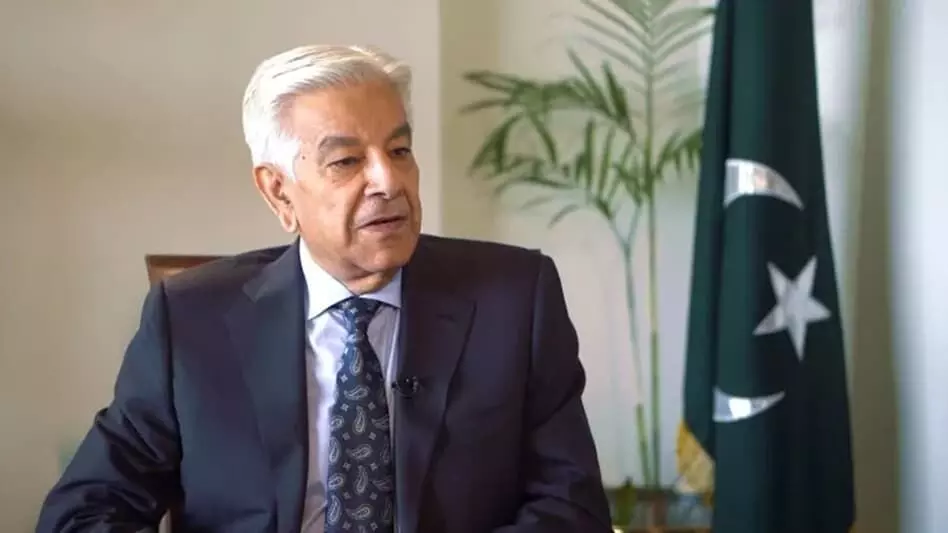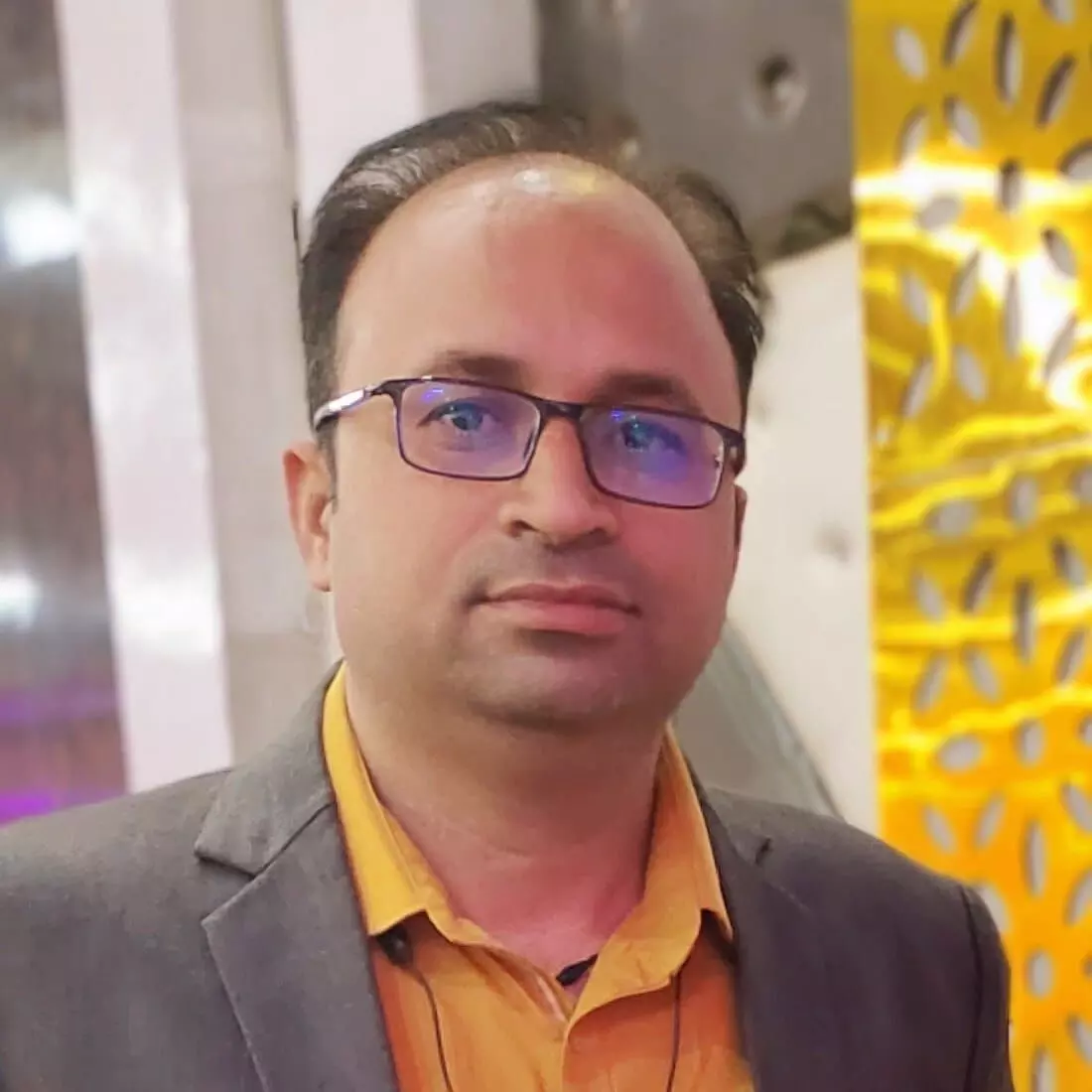Madrasa Students Are Pakistan’s Second Line of Defence: Defence Minister Tells Parliament

In a statement that’s raised serious concerns, Pakistan’s Defence Minister Khawaja Asif told Parliament that madrasa students could be used as a “second line of defence” in the event of full-scale conflict. “There’s no doubt. When the time comes, they will be used 100 per cent,” he said during a session held amid rising tensions with India.
His remarks have sparked sharp criticism and renewed focus on Pakistan’s long-standing use of religious seminaries in conflict zones. The timing of the statement is especially significant — just days after India launched precision strikes on terror camps in Pakistan and Pakistan-occupied Kashmir in response to the Pahalgam attack that killed 26 civilians.
Asif, already under fire for offering confusing and inconsistent explanations about Pakistan’s military response, added fuel to the controversy. He claimed Pakistan didn’t intercept Indian drones during the May 9 attack to avoid exposing the locations of its air defence systems — a statement that contradicted earlier claims by the Pakistan Army that the attacks were successfully neutralised.
In a separate interview with CNN, Asif was unable to provide any proof to back Pakistan’s claim that it shot down Indian fighter jets. When asked for evidence, he vaguely replied, “It’s all over Indian social media,” prompting the anchor to remind him that he was the defence minister, not a social media commentator.
Meanwhile, the situation on the ground remains tense. Pakistan has continued with drone and missile attacks targeting Indian military bases under Operation Bunyan-un-Marsoos. Several of these were intercepted, but some targeted infrastructure like hospitals and schools within military zones — all of which, India said, were thwarted successfully.
India has responded with further strikes on key Pakistani military assets, including airbases and radar facilities. Both nations remain on high alert as troops are being moved closer to the border. In Jammu and Kashmir, five civilians were killed in shelling, while a drone crash in Punjab injured three people. The Indian Army has also released images of intercepted Pakistani drones.
As international concern grows, U.S. Secretary of State Marco Rubio spoke separately with leaders in both countries, urging calm and offering support for a diplomatic resolution. India has said its actions have been “measured and responsible” and that it remains committed to regional stability — but also fully prepared to defend itself.
